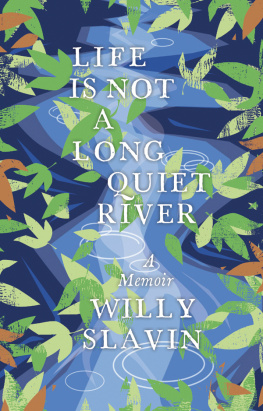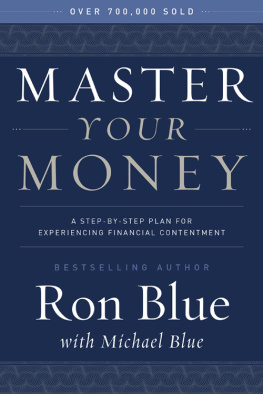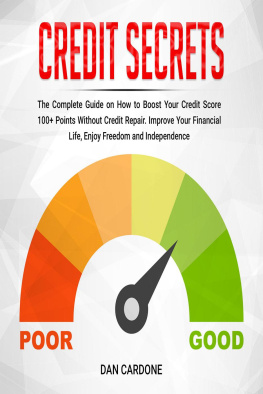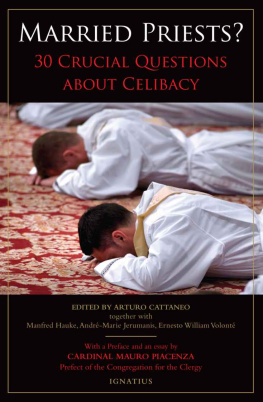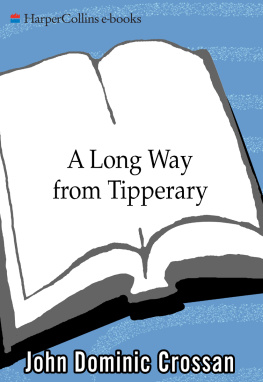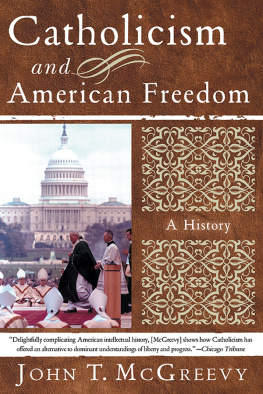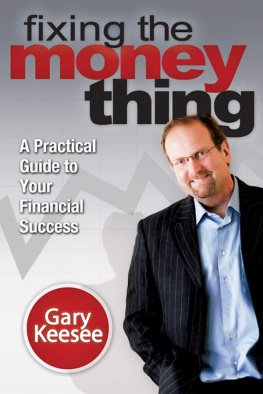Contents
Guide



For the Sisters
First published in 2019 by
Birlinn Limited
West Newington House
10 Newington Road
Edinburgh
EH9 1QS
www.birlinn.co.uk
Copyright Willy Slavin 2019
The moral right of Willy Slavin to be identified as the author of this work have been asserted by him in accordance with the Copyright,
Designs and Patents Act 1988
All rights reserved. No part of this publication may be reproduced, stored or transmitted in any form without the express written permission of the publisher.
ISBN: 978 1 78885 183 1
British Library Cataloguing-in-Publication Data
A catalogue record for this book is available from the British Library
Typeset by Initial Typesetting Services, Edinburgh
Printed and bound by Gutenberg Press, Malta
Grow old along with me!
The best is yet to be,
The last of life, for which the first was made:
Our times are in His hand
Who saith, A whole I planned,
Youth shows but half; trust God: see all nor be afraid!
Rabbi Ben Ezra, Robert Browning
Contents
Introduction
Written almost 3,000 years ago is a line from a song in the Bible which says: The days of our lives are 70 years. Not everyone remembers the next line, which notes the possibility, by reason of strength, of 80 years (Psalm 90:10, New King James Version). This is a bald statistic, but it is an average, subject to the usual variation. Some will make it to 90 or 100, maybe a little more. Others will get only 50 or 60 years, perhaps even less. Genetic inheritance, infection, accident, violence or suicide can cut the promised span.
Ageing is still associated with certain health problems strokes, cancer, dementia. This is not because we are living too long. These problems are not intrinsic to ageing many older people die without being affected by them, and gradually modern medicine is dealing with them. Those who have already reached 70 or 80 in good health are pioneers. This is what the psalm promises. It is a message to be celebrated; it should be proclaimed in our society, and needs to be taken to those parts of the world where infection and violence are still endemic. Older people, far from being a burden, are completing the natural human life cycle. This is not a matter only of chronological measurement if you didnt know your date of birth, how old would you think you are?
There is the objection that ageing is a descent into a second childhood. While we are children, we have to do what we are told; we dont have money of our own; we know nothing of sex. Is a return to that kind of life dependent, poor, single still worth living?
As we grow up we are proud to stand on our own two feet, wanting to get our own way, taking pleasure in our first pocket money, feeling the first stirrings of psychosexual development. When we become adults we are encouraged to find a path in the world; a job gives us independence; friendship and intimacy beckon. Traditional marriage vows include a promise of obedience, the sharing of wealth and fidelity, forsaking sex with others. However, in order to keep a job, people constantly have to fit in with the expectations of others, if not through obedience then through loyalty or conformity. For most of our lives we have not wealth but debt, a mortgage being the most acute example. Mort-gage means pledged until death. Despite the surfeit of sex in the media, most couples try to be faithful to each other.
We are destined to end life the way we started. Sooner or later we will have to obey others, perhaps even our own children. In old age we have a diminished income and are not able to spend very much, at least on ourselves. We may live alone or have to face for better and for worse life with strangers, without kith or kin.
Not to put too fine a point on it, many of us end up as obedient, poor and celibate as monks, nuns or whatever is the equivalent in different traditions. A Hindu idea is that we should put our affairs in order before we make our final journey, hoping to be fit enough to complete the traditional trek to the Ganges before we are laid on the funeral pyre and our ashes are scattered upon the waters. Rather than abandoning ourselves to simply having to pass the time in old age, we should put more effort into preparing for it.
Cryogenics notwithstanding, who wants to live forever? Despite the provision of new knees and hips, stents and shunts, Botox and Viagra, our bodies will come to a natural end. Our eyes, ears and teeth tell us this. Bits will degrade. To ask more would be inhuman. We are born unable to do anything for ourselves, completely dependent on others. We die in the same way. To treat the time in between as being only for eating, drinking and having a good time is the vanity of vanities. Our bodies are not designed only for conforming, consuming and consummating.
It is tempting to treat the body as a machine. Many parts can be renewed or replaced. But there is more to life than the mechanisms of the body which allow us to realise our dreams, to make money, to have sex. No matter how rational people think themselves to be, in fact they do the most irrational things: the most intelligent can be selfish, greedy and lose their self-control. Biographies, to say nothing of court records, demonstrate this.
The 1988 French satirical film La vie est un long fleuve tranquille (Life Is a Long Quiet River) begins in Paris with the stylish mother of a large bourgeois family teaching Catholic catechism alongside a young guitar-playing priest. Then she finds out that, 12 years previously, one of her children was swapped at birth and has been brought up in a poor family on the other side of the tracks. She and her husband agree to take the boy back while paying the poor family to keep the one they have brought up. But the 12-year-old has learned all the tricks required to survive in the slums. These include stealing and drinking. Soon he has his new-found, and hitherto well-behaved, brothers and sisters imitating his bad example. The mother, distraught, starts swallowing liquor and popping pills. One day, one comes to tell her what he has been learning in school. Maman, he says, Jesus was a good man. And he got crucified. Maman, life is not a long quiet river.
The Ancient Greek philosopher Socrates said the unexamined life is not worth living. These days, as we age, we have the opportunity to examine our lives; our retirement plans should include time to be alone, silent, contemplative. During the extra decade that falls roughly between 70 and 80, we can more easily see the bigger picture and how our lives fit into it. The premise of this book is that those years are not designed only for rest and recreation. They are for reflection on what our existence has been all about. We need to understand not only the benefits but also the limitations of power, money and sex. Monks and nuns give up their own will and property, renouncing sex and comfort. Perhaps we should all attempt this. As T.S. Eliot says, in Four Quartets: East Coker, In order to possess what you do not possess / You must go by the way of dispossession.

